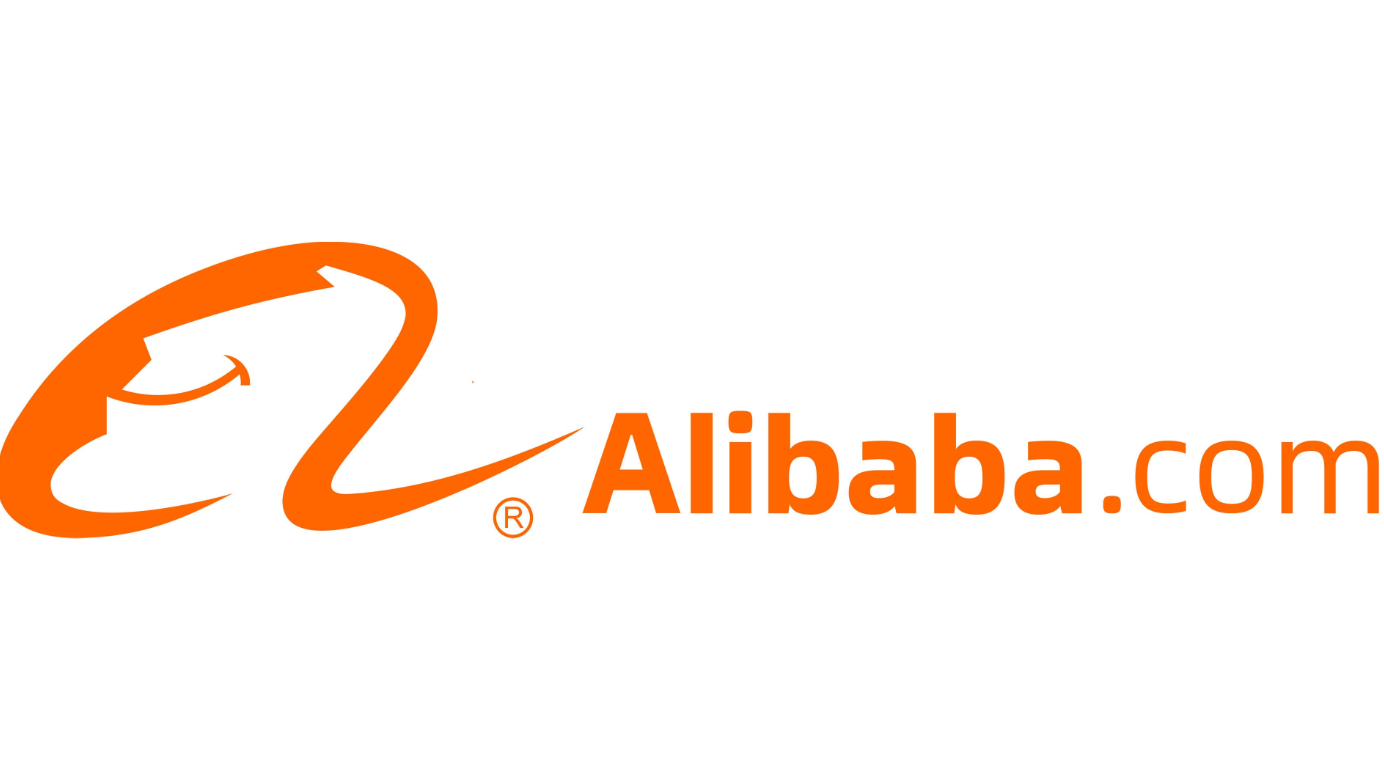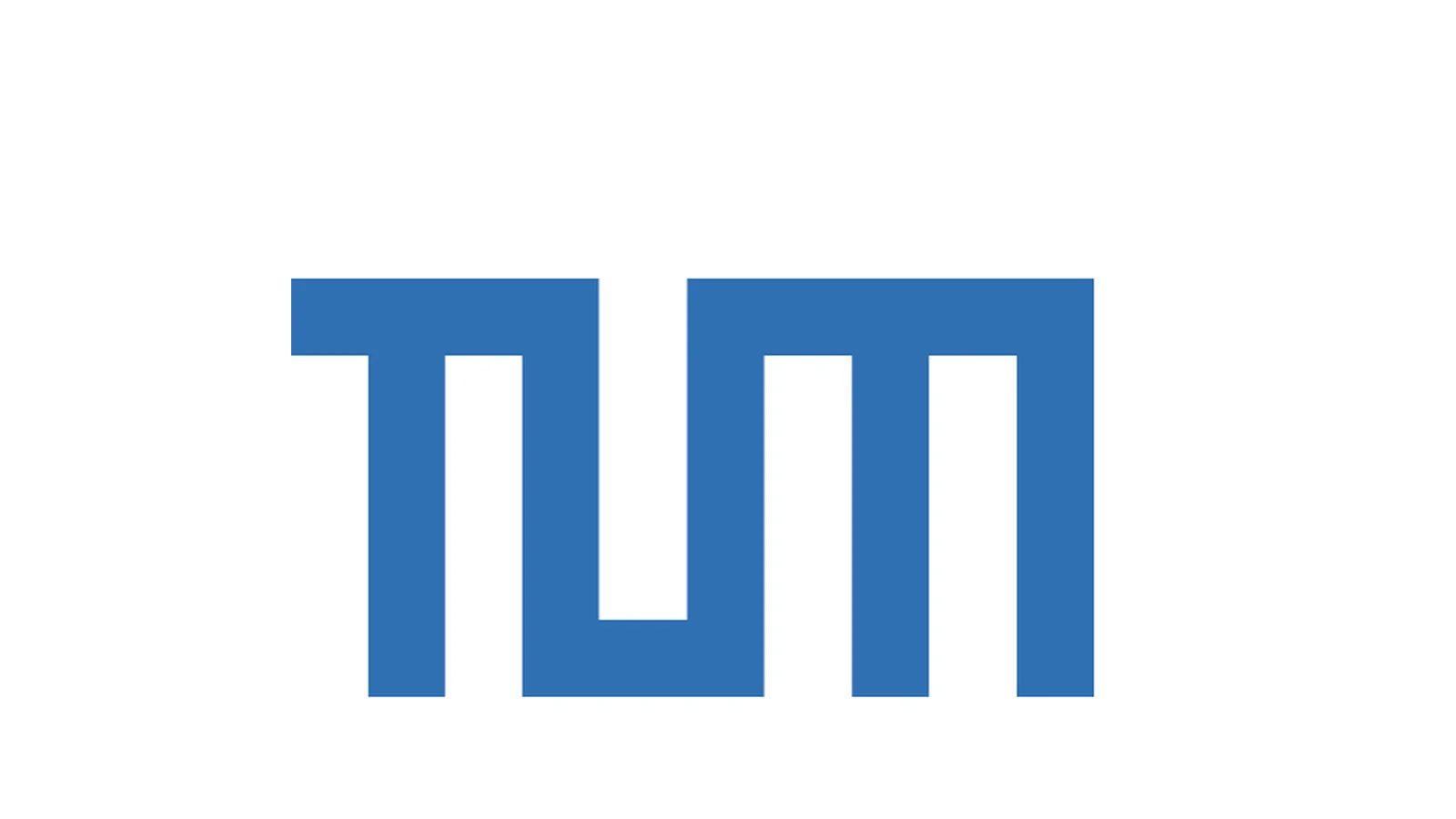Alibaba’s international division has launched an updated version of its AI-powered translation tool, claiming it outperforms competitors such as Google, DeepL, and ChatGPT. According to Alibaba, this claim is based on an assessment of their model, Marco MT, by translation benchmark framework Flores. The updated tool is part of the company’s efforts to enhance cross-border e-commerce for its 500,000 merchant users.
The new version of the tool, built on large language models (LLMs), uses contextual clues such as culture and industry-specific terminology to improve translation accuracy. Kaifu Zhang, vice president of Alibaba International Digital Commerce Group, stated that their goal is to help merchants by improving their product listings in multiple languages. “The idea is that we want this AI tool to help the bottom line of the merchants, because if the merchants are doing well, the platform will be doing well,” he said.
Zhang mentioned that Alibaba’s model, Qwen, supports 15 languages, including Arabic, French, Spanish, and Russian. He expects significant demand for the tool from Europe, the Americas, and emerging markets, especially as developing countries account for half of the top 20 active users on Alibaba.com.
Since its initial launch last year, the AI tool has been used in over 100 million product listings. Zhang shared that contextual translation can drive consumer purchases, giving the example of how a literal translation of a Chinese term for slippers might fail to resonate with English-speaking buyers. “The updated translation engine is going to make Double 11 a better experience for consumers because of more authentic expression,” he noted, referring to Alibaba’s annual shopping festival.
Alibaba’s international arm, which includes platforms like AliExpress and Lazada, saw a 32% increase in sales to $4.03 billion for the quarter ending in June, a stark contrast to the 1% decline in Alibaba’s domestic business.






